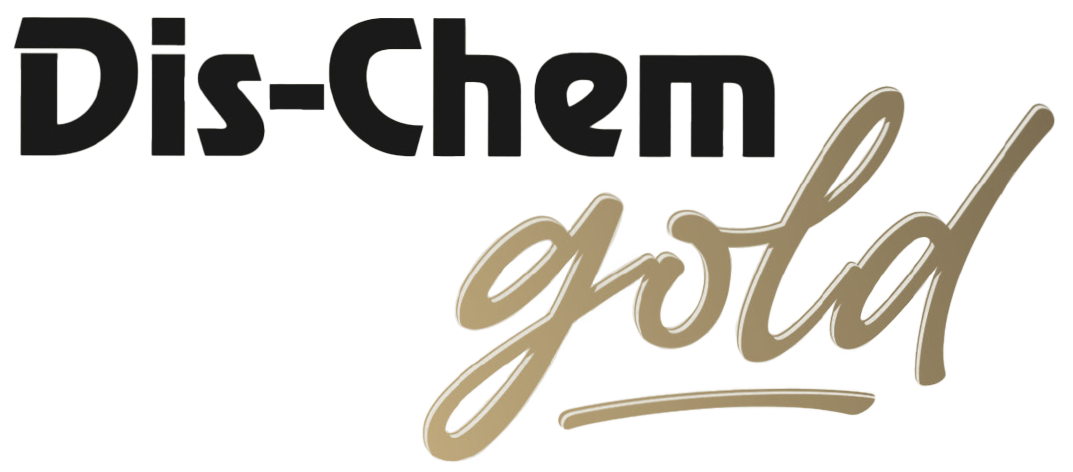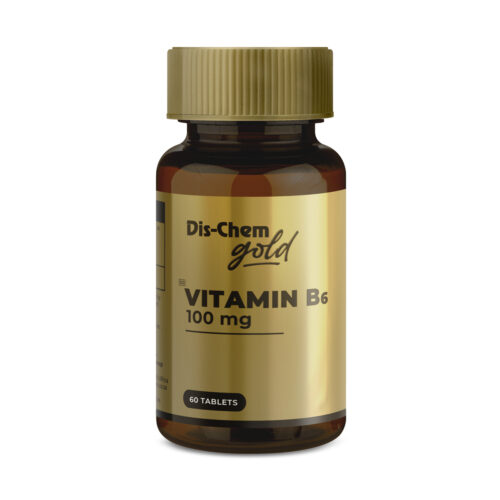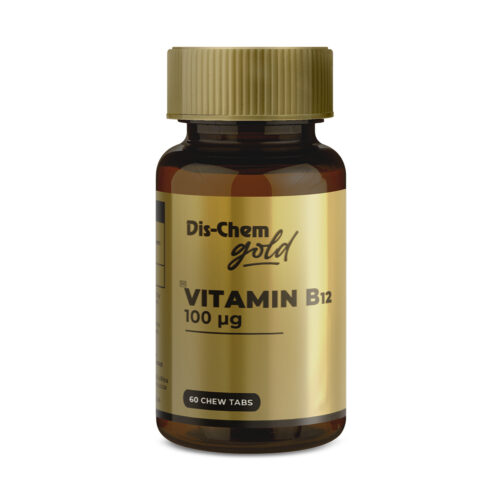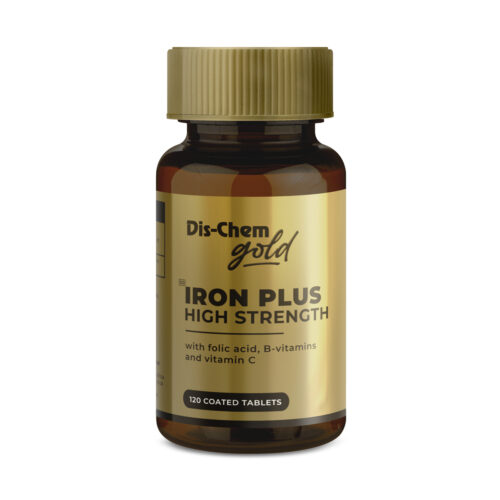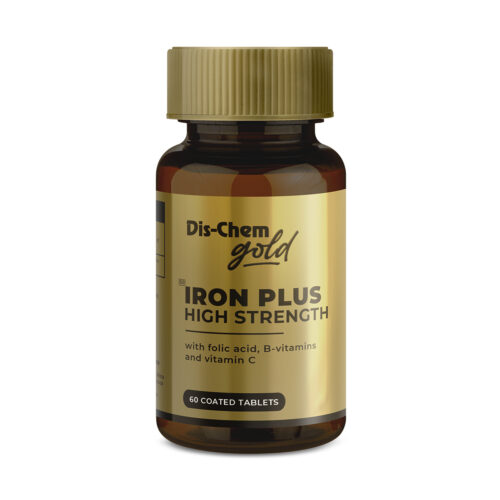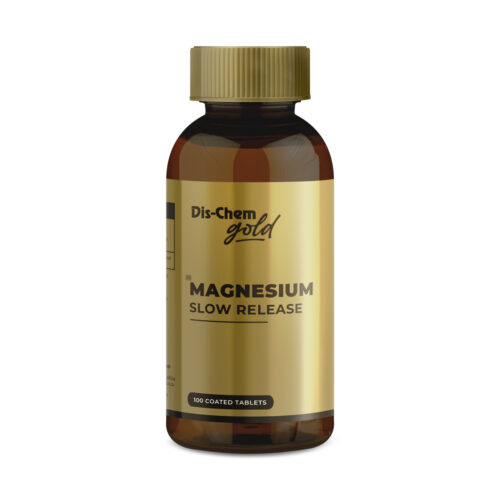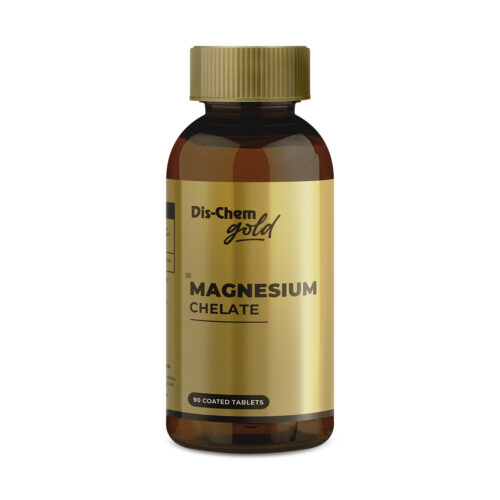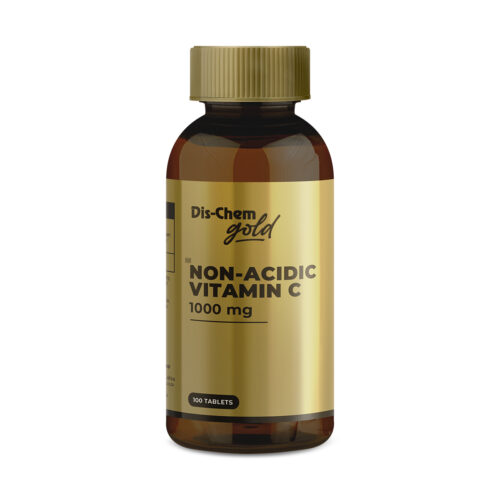Our bodies are extraordinary machines but we need the right nutrients from food and supplements
to create the highest octane fuel possible to power us through our day and our workouts with vigour, vitality and abundant energy. We generally meet these energy demands through our macronutrient intake – the carbs, proteins and fats on our plate or in our shaker bottle.
But what many people forget to consider is the body’s micronutrient requirements – the vital vitamins, minerals and enzymes our bodies need to convert the food we eat into usable energy.
Meeting higher demands
Certain vitamins play crucial roles in turning food into energy through various metabolic pathways. Due to their many roles in energy production, when we train intensely or for extended periods, we increase our micronutrient demands as the rate at which we use these substances increases.
In these instances, we can quickly deplete micronutrients, as can stress, environmental pollutants and illness. Poor diets that don’t supply ample micronutrients can also exacerbate the situation. This means that active individuals, especially gym goers and endurance athletes, often require vitamin and mineral intakes that exceed the basic recommended daily allowances (RDAs). These figures are more aligned to health guidelines for the average population aimed at preventing deficiency-related diseases.
Furthermore, RDAs do not take individual circumstances into consideration, nor do they consider what is optimal for you based on your lifestyle, activity levels and environment.
Food first approach
The first step in meeting these elevated requirements is a healthful and balanced diet rich with natural whole foods and plenty of raw fruits and vegetables. These foods offer an abundant source of vitamins and minerals in their natural state.
However, we can’t always eat fresh, natural whole foods. Modern food production, processing and various preparation methods can also reduce the nutrient content of the food we eat. As such, we often need additional nutritional support, which is where well-formulated supplements, like those found in the Dis-Chem Gold range, can help us meet our daily micronutrient requirements.
When combined with a balanced and healthful diet, these products help to plug any potential nutritional gaps and prevent the deficiencies that can result from limited dietary variety, increased vitamin depletion from exercise, or the impact of environmental factors such as stress, pollution and chemicals.
Covering your bases
The specific vitamins and minerals that are vital to for optimal energy production include B vitamins, vitamin C, magnesium, and iron.
B vitamins help to metabolise the energy contained in carbohydrates and various forms of vitamin B play a role in energy production at a cellular level. For instance, vitamin B1 (Thiamin) is essential for optimal digestion and, together with vitamin B3 (niacin) and vitamin B5 (pantothenic acid), ensure your body can effectively metabolise and use carbohydrates for energy. Similarly, your body needs vitamin B6 and vitamin B12 to produce energy from fats and proteins, among other functions.
Other important micronutrients like iron help to produce the oxygen-carrying proteins that circulate in our blood and deliver vital oxygen to working muscle cells to produce energy, while magnesium aids in the production and utilisation of ATP – the fuel your mitochondria in muscle cells require to produce energy and drive muscle contractions.
We also need vitamin C to support enzyme activity involved in the biosynthesis of carnitine, which we need to transport long-chain fatty acids into the mitochondria. Beyond including standalone supplement products to meet your individual needs, you can also cover all your bases with an intelligently-formulated multivitamin for ease of use and convenience.
